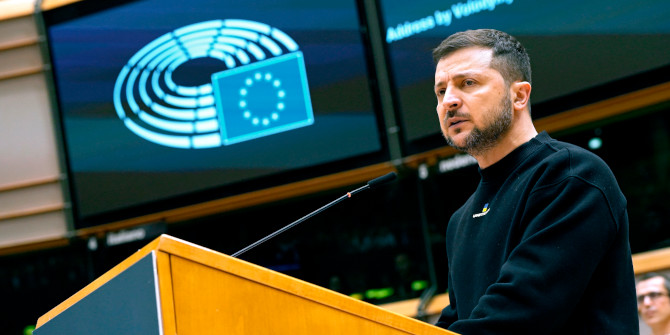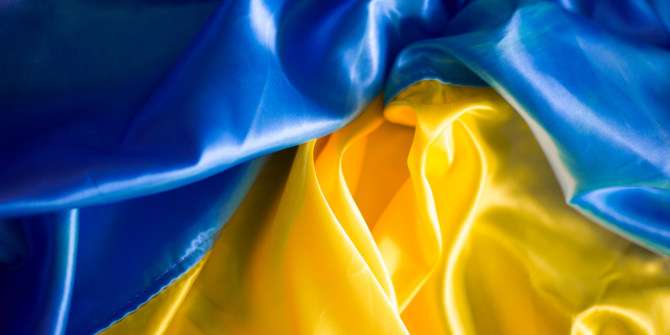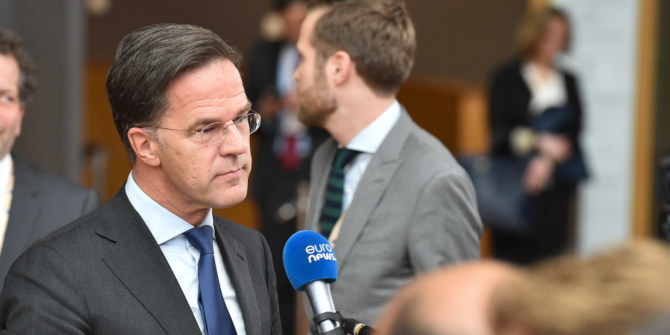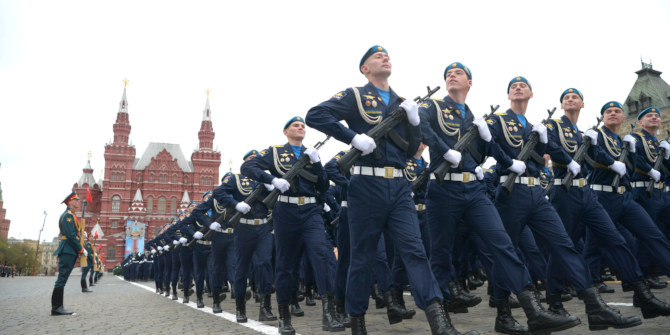In April, the Free University of Moscow ceased operating after being labelled an “undesirable organisation” by the Russian government. Egor Bronnikov writes that the targeting of the university is one of the latest examples of Russia turning to intellectual isolation. He suggests that higher education institutions in Europe should redouble their efforts to engage with anti-war Russian students and academics.
HSE University, previously known as the Higher School of Economics, has been consistently ranked as the best university in Economics and Social Science in Russia for many years. Despite this, the university has faced escalating political pressures that have resulted in numerous political dismissals of lecturers and professors.
In 2020, following a new wave of significant political firings from the university, a group of former professors decided to establish a new university to exist independently of political-administrative pressures from any governmental bodies. This newly-formed, primarily online university was named the Free University.
Since its inception, the Free University has operated as a tuition-free institution committed to offering academic courses across a wide range of research fields. Given the current political climate, this initiative is of paramount importance as it allows students to remain engaged in global academia. Initially launching with just a few dozen courses during its first semester in 2020, the university had expanded its offerings substantially by autumn 2022, with more than seventy courses voluntarily taught by professors and provided free of charge to students.
However, in the spring of 2023, one year after the outbreak of the war in Ukraine, the university’s increasing popularity, coupled with ongoing political repression within Russia, led to the Ministry of Justice labelling it an “undesirable organisation”. This label – which has been given to Bard College, Transparency International and Bellingcat, among others – entails two significant consequences: first, legal prohibition on operating in any form within Russia, and second, a high probability of criminal prosecution for all current professors at the university, many of whom are based in Russia.
One of the long-term threats for both Russia and the world is the growing tendency toward intellectual isolation, a trend actively promoted by Putin and his government. Currently, the Russian authorities are investing increasing efforts in infiltrating both school and university-level education with pro-Kremlin propaganda. While Putin’s regime, to the detriment of both Russia and the global community, is promoting intellectual isolation, resisting it would constitute an important step in countering the spread of Putinism.
One option for doing so would be for other universities to consider hosting already-existing courses that were previously administered by the Free University. There are currently around 6.2 million refugees who have fled the conflict in Ukraine, with about 5.8 million of these in Europe. There are also around a million people, including political refugees, who have emigrated from Russia. Research suggests between a third and a half of refugees from Ukraine speak English proficiently, but only a small minority are proficient in other languages. This means several million of these people may struggle to resume their education abroad. Hosting Free University courses in local universities might offer one way to alleviate the burden on local education systems.
An alternative option would be for universities to jointly design courses and other initiatives with the Free University that meet the needs of both institutions. Millions of students in Russian universities are seeking high-quality education that is free from propaganda and the therapeutic value of spending even a few hours per week outside a toxic environment should not be underestimated.
Finally, universities might consider resuming and expanding academic collaboration with those Russian universities that have not supported the war. These universities have faced significant pressure from Russian authorities and need support from the international academic community more than ever. This would be challenging to achieve, but there are some positive examples of adjustments being made, such as the recent exemption for Chevening Scholars from Russia from the previous requirement to return home for two years at the end of their award.
These actions could enrich the international academic community by diversifying the student and researcher population, creating opportunities for joint education and research, attracting talent and supporting those in need. But perhaps just as importantly, they would help reduce Russia’s intellectual isolation and thereby contribute to a consistent and strategic effort to confront global threats to democracy.
Note: This article gives the views of the author, not the position of EUROPP – European Politics and Policy or the London School of Economics. Featured image credit: mzabarovsky/Shutterstock.com





